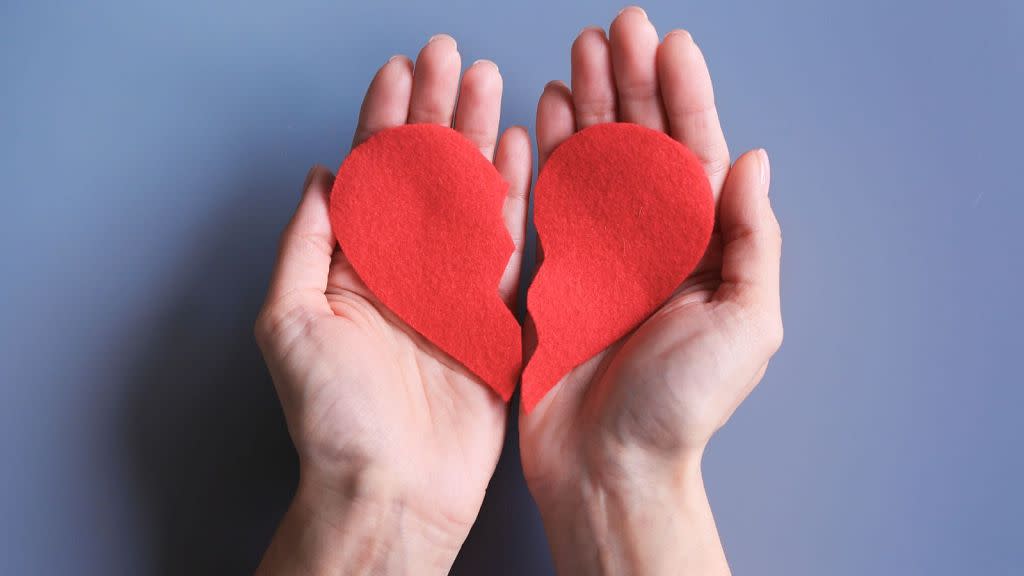Chemical changes in the brain could help you get over a breakup, researchers find

Does absence really make the heart grow fonder? While loved ones and friends leave a “chemical imprint” on the brain, that link nearly disappears after a period of long separation, according to a new study.
This could provide hope for those facing heartbreak or the loss of a loved one, suggesting the brain is capable of a reset to allow time to seek a new partner.
Scientists at the University of Colorado Boulder (CU Boulder) in the US analysed the role of dopamine in the brains of prairie voles with neuroimaging technology for the study, which was published in the journal Current Biology last week.
Prairie voles are among the 3 to 5 per cent of mammals that form monogamous bonds, staying together long-term and grieving after the loss of a partner.
One aspect of the study looked at the role of dopamine in the brain when the partners are together. In one scenario, the prairie vole had to press a lever to get to their partner or climb over a fence to get to them.
A fibre-optic sensor tracked activity in the part of the animal’s brain called the nucleus accumbens, an area linked to social reward and motivation.
The sensor would light up when it detected dopamine, which is a neurotransmitter and hormone that plays a role in creating feelings of pleasure.
The researchers found that when the prairie vole pushed a lever or climbed over a wall to be with their partners, the sensor would light up “like a rave,” CU Boulder graduate student Anne Pierce, who was lead author of the study, said in a statement.
The same thing happened when they sniffed or snuggled with each other but in contrast, the sensor dimmed when there was a random vole on the other side of the wall or door instead of the rodent’s partner.
“As humans, our entire social world is basically defined by different degrees of selective desire to interact with different people, whether it’s your romantic partner or your close friends,” Zoe Donaldson, an associate professor of behavioural neuroscience at CU Boulder and senior author of the study, said in a statement.
“This research suggests that certain people leave a unique chemical imprint on our brain that drives us to maintain these bonds over time”.
‘Brain reset to form new bond’
The researchers also studied what happens after a period of long separation.
They kept the prairie vole partners separated for four weeks, which is a long time in the lifespan of a rodent, before reuniting them.
They found that when the couple was together again, the surge of dopamine had nearly disappeared.
“We think of this as sort of a reset within the brain that allows the animal to now go on and potentially form a new bond,” Donaldson said.
More research is needed to determine how this finding translates to humans, but the scientists think this could have implications for people struggling to move on from a past relationship.
“The hope is that by understanding what healthy bonds look like within the brain, we can begin to identify new therapies to help the many people with mental illnesses that affect their social world,” said Donaldson.


